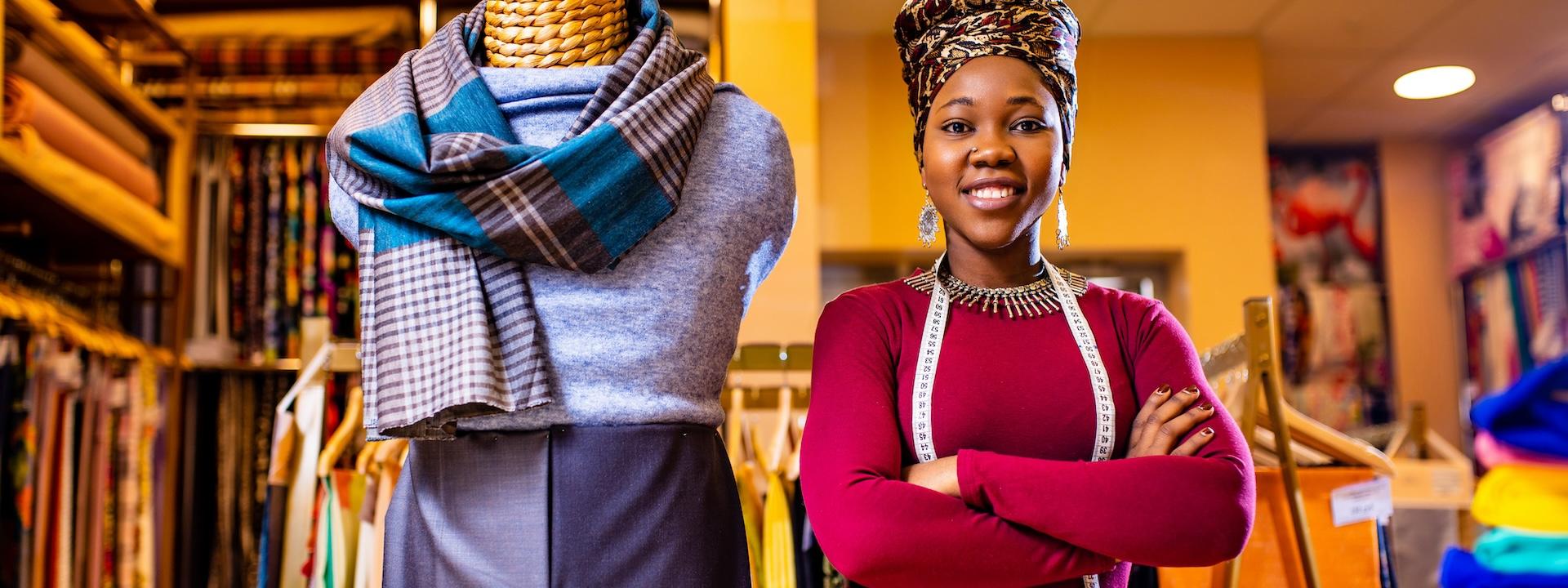Women are the driving force behind Africa’s economic development, playing a pivotal role in agriculture, trade, and entrepreneurship. Across the continent, women constitute a significant share of the workforce, particularly in small and medium-sized enterprises (SMEs), which provide 80% of jobs. Their contribution is crucial in ensuring food security, economic stability, and sustainable growth.
Despite their indispensable role, women face numerous challenges, including limited access to finance, market opportunities, and policy support. Intra-African trade remains below 15%, further restricting business growth and economic diversification. Additionally, around 30% of the continent’s agricultural yields are lost due to inadequate storage facilities and market access, disproportionately affecting women, who dominate the agricultural sector.
IGAD’s Efforts in Women’s Economic Empowerment
IGAD is committed to unlocking economic opportunities for women and removing the structural barriers that limit their participation in trade and business. Through the IGAD Women Business Forum, supported by the African Trade Policy Centre of UNECA, IGAD is spearheading regional trade facilitation efforts to empower women entrepreneurs. This initiative enhances cross-border market access, expands financial inclusion through micro-credit and investment opportunities, and strengthens women-led businesses across the region.
Practical interventions are at the heart of IGAD’s agenda. With support from the German government, the Cash for Community Cohesion (CCC) initiative has transformed lives in the Moyale cross-border region of Ethiopia and Kenya, benefiting 1,627 community members. Through this initiative, 193 individuals, including 173 women, have been empowered in the milk value addition sector, creating sustainable livelihoods and boosting economic resilience.
Recognising the challenges faced by women in trade, IGAD launched the IGAD Regional Trade Policy 2022-2026, a comprehensive framework designed to address financing gaps, non-tariff trade barriers, and structural limitations that hinder women’s participation in formal economic sectors. By promoting alternative economic opportunities and business capacity-building, IGAD is ensuring that women have a stronger foothold in the region’s trade ecosystem.
Beyond policy, IGAD is leveraging digital innovation to bridge the economic divide. In partnership with the African Development Bank (AfDB) and the World Bank, IGAD is equipping women entrepreneurs with access to e-commerce platforms and digital tools, enabling them to scale their businesses and connect with customers beyond traditional markets. Additionally, IGAD is fostering peer mentorship and knowledge-sharing platforms, where successful women entrepreneurs mentor and support emerging business leaders, creating a dynamic and inclusive entrepreneurial network.
How IGAD Member States Can Support Women in Business
To accelerate the economic empowerment of women, IGAD member states must take proactive measures, including improving access to finance by establishing women-focused financial instruments such as micro-loans and grants to support start-ups and SMEs. Investing in better storage and transportation infrastructure is crucial to reduce post-harvest losses and facilitate trade for women-led businesses. Implementing gender-inclusive policies ensures equal opportunities for women in procurement, industrial development, and leadership roles. Encouraging women-led enterprises to participate in intra-African trade by simplifying trade regulations and providing technical support is essential for leveraging the African Continental Free Trade Area (AfCFTA). Additionally, investing in vocational training, digital literacy, and mentorship programmes tailored to women entrepreneurs and workers strengthens skills development.
Conclusion
Women are central to Africa’s economic resilience and progress. By addressing barriers to financial access, trade, and business growth, IGAD and its member states can unlock the full potential of women’s contributions. Investing in women is not just a moral imperative, it is an economic necessity for a prosperous and inclusive Africa. Through collaborative efforts, policies, and initiatives, the IGAD region can set a precedent for gender-inclusive development, ensuring that no woman is left behind in the economic transformation of the continent.

